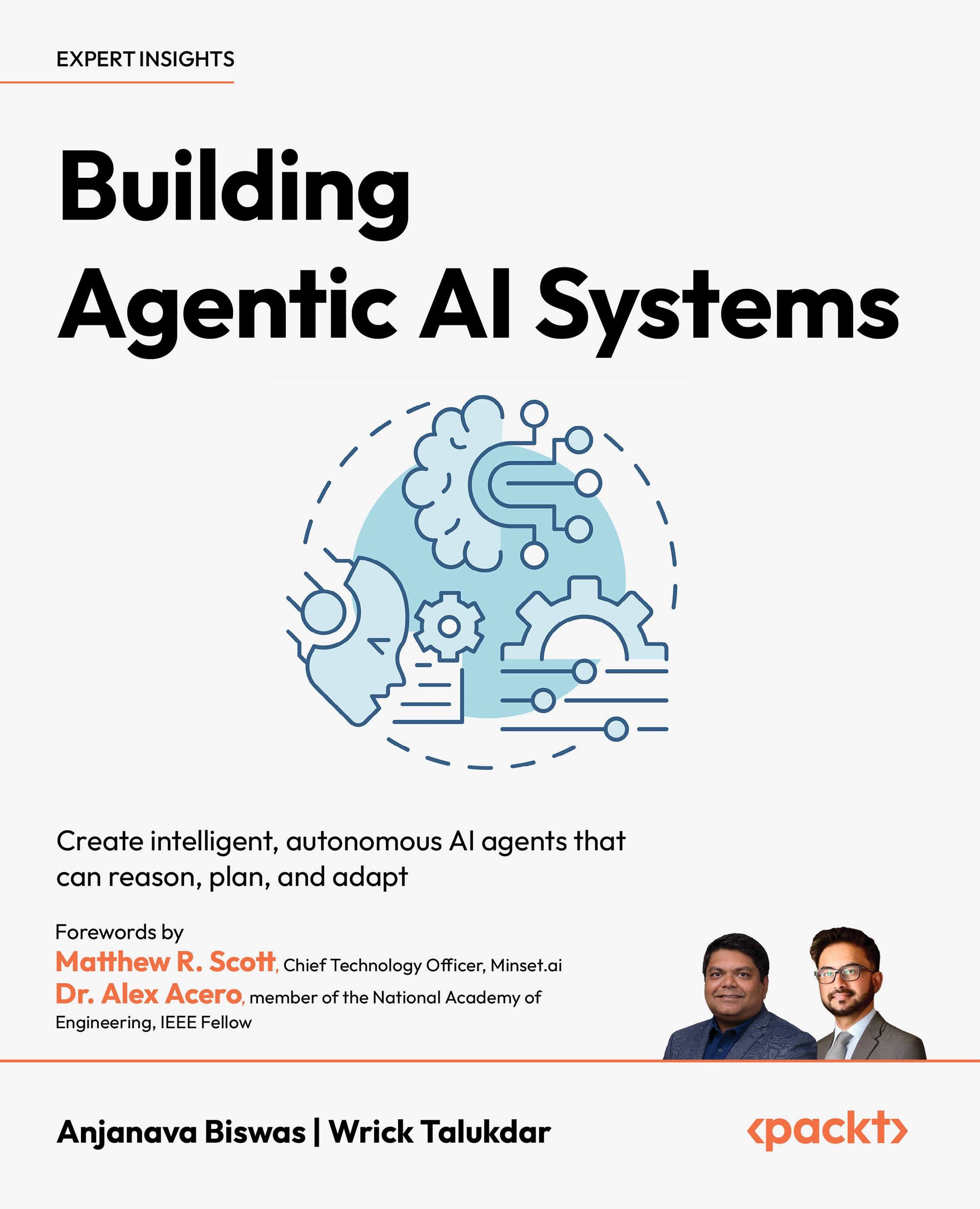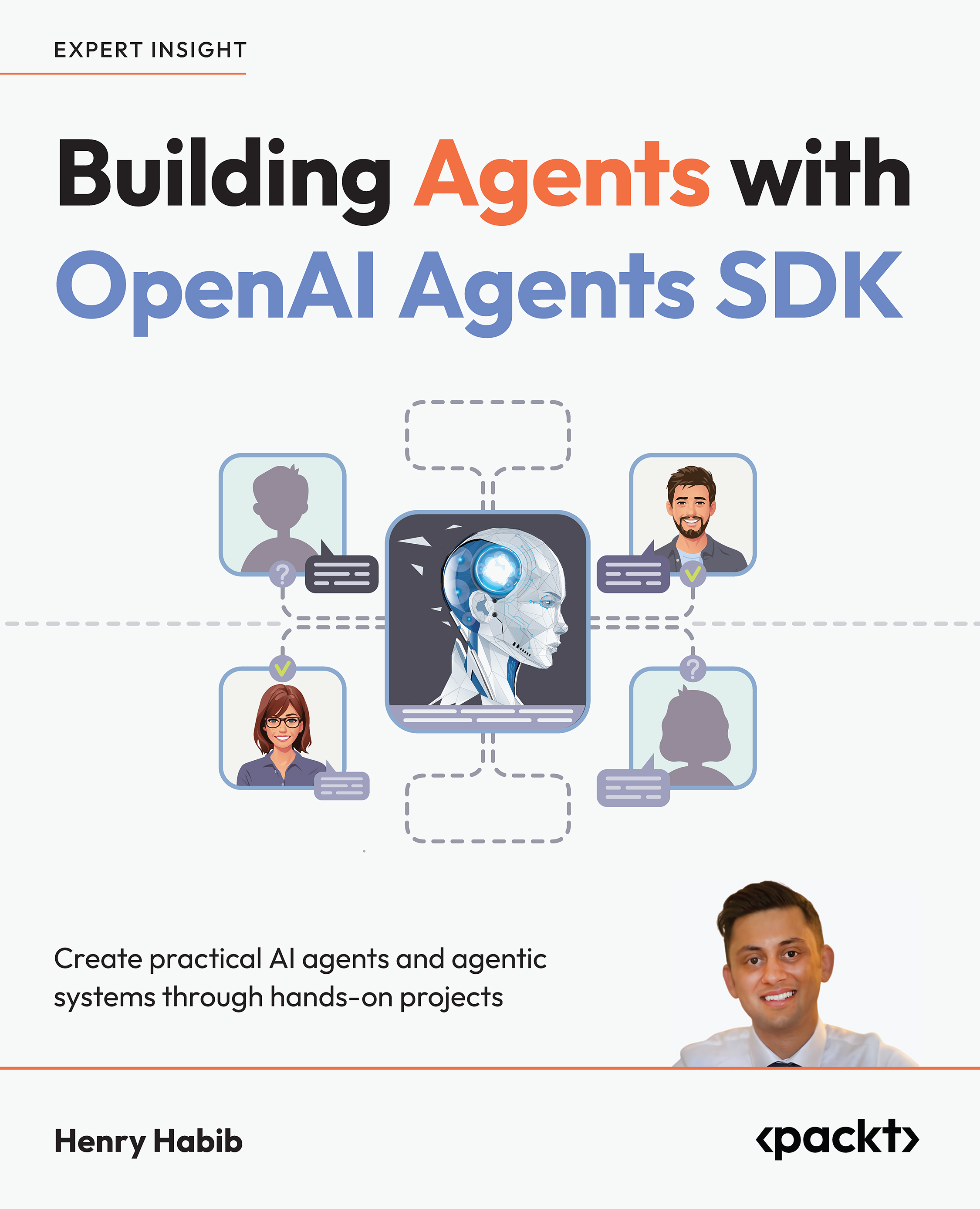Bruce Schneier - Arguing Against CALEA: "At a Congressional hearingearlier this week, Matt Blazemade the point that CALEA, the 1994 law that forces telecoms to make phone calls wiretappable, is outdated in today’s threat environment and should be rethought: In other words, while the legally-mandated CALEA capability requirements have changed little over the last three decades, the infrastructure that must implement and protect it has changed radically. This has greatly expanded the “attack surface” that must be defended to prevent unauthorized wiretaps, especially at scale...
Bruce Schneier - Arguing Against CALEA: "At a Congressionalhearingearlier this week, Matt Blazemade the point that CALEA, the 1994 law that forces telecoms to make phone calls wiretappable, is outdated in tod
Bruce Schneier - Troy Hunt Gets Phished: In case you need proof thatanyone, even people who do cybersecurity for a living, Troy Hunt has a long, iterativestoryon his webpage about how he got phished. Worth reading.
Bruce Schneier - Web 3.0 Requires Data Integrity: If you’ve ever taken a computer security class, you’ve probably learned about thethree legs of computer security—confidentiality, integrity, and availability—known as theCIA triad. When we talk about a system being secure, that’s what we’re referring to. All are important, but to different degrees in different contexts. In a world populated by artificial intelligence (AI) systems and artificial intelligent agents, integrity will be paramount.
Europol - Operation Endgame follow-up leads to five detentions and interrogations as well as server takedowns: "Following the massive botnet takedown codenamedOperation Endgame in May 2024, which shut down the biggest malware droppers, including IcedID, SystemBC, Pikabot, Smokeloader and Bumblebee, law enforcement agencies across North America and Europe dealt another blow to the malware ecosystem in early 2025."
Krebs on Security - China-based SMS Phishing Triad Pivots to Banks: China-based purveyors of SMS phishing kits are enjoying remarkable success converting phished payment card data into mobile wallets from Apple and Google. Until recently, the so-called “Smishing Triad” mainly impersonated toll road operators and shipping companies. But experts say these groups are now directly targeting customers of international financial institutions, while dramatically expanding their cybercrime infrastructure and support staff.
ReversingLabs - Atomic and Exodus crypto wallets targeted in malicious npm campaign: "Threat actors have been targeting the cryptocurrency community hard lately. The ReversingLabs (RL) research team is continuously tracking an ongoing battle in which cybercriminals and other threat actors use a variety of techniques to hijack popular, legitimate crypto packages and steal things from Web3 wallets to crypto funds."
SecureList - GOFFEE continues to attack organizations in Russia: "GOFFEE is a threat actor that first came to our attentionin early 2022. Since then, we have observed malicious activities targeting exclusively entities located in the Russian Federation, leveraging spear phishing emails with a malicious attachment. Starting in May 2022 and up until summer of 2023, GOFFEE deployed modifiedOwowa (malicious IIS module) in their attacks. As of 2024, GOFFEE started to deploy patched malicious instances of explorer.exe via spear phishing."
SentinelOne - AkiraBot | AI-Powered Bot Bypasses CAPTCHAs, Spams Websites At Scale: Whenever a new form of digital communications becomes prevalent, actors inevitably adopt it for spam to try to profit from unsuspecting users. Email has been the perennial choice for spam delivery, but the prevalence of new communications platforms has expanded the spam attack surface considerably.
Sysmantec- Shuckworm Targets Foreign Military Mission Based in Ukraine: "Shuckworm’s relentless focus on Ukraine has continued into 2025, with the group targeting the military mission of a Western country based in the Eastern European nation. This first activity in this campaign occurred in February 2025, and it continued into March. The initial infection vector used by the attackers appears to have been an infected removable drive."
TrendMicro - Incomplete NVIDIA Patch to CVE-2024-0132 Exposes AI Infrastructure and Data to Critical Risks: "In September 2024, NVIDIAreleased several updatesto address a critical vulnerability (CVE-2024-0132) in its NVIDIA Container Toolkit. If exploited, this vulnerability could expose AI infrastructure, data, or sensitive information. With a CVSS v3.1 rating of 9.0, all customers were advised to update their affected software immediately."
 United States
United States
 Great Britain
Great Britain
 India
India
 Germany
Germany
 France
France
 Canada
Canada
 Russia
Russia
 Spain
Spain
 Brazil
Brazil
 Australia
Australia
 Singapore
Singapore
 Canary Islands
Canary Islands
 Hungary
Hungary
 Ukraine
Ukraine
 Luxembourg
Luxembourg
 Estonia
Estonia
 Lithuania
Lithuania
 South Korea
South Korea
 Turkey
Turkey
 Switzerland
Switzerland
 Colombia
Colombia
 Taiwan
Taiwan
 Chile
Chile
 Norway
Norway
 Ecuador
Ecuador
 Indonesia
Indonesia
 New Zealand
New Zealand
 Cyprus
Cyprus
 Denmark
Denmark
 Finland
Finland
 Poland
Poland
 Malta
Malta
 Czechia
Czechia
 Austria
Austria
 Sweden
Sweden
 Italy
Italy
 Egypt
Egypt
 Belgium
Belgium
 Portugal
Portugal
 Slovenia
Slovenia
 Ireland
Ireland
 Romania
Romania
 Greece
Greece
 Argentina
Argentina
 Netherlands
Netherlands
 Bulgaria
Bulgaria
 Latvia
Latvia
 South Africa
South Africa
 Malaysia
Malaysia
 Japan
Japan
 Slovakia
Slovakia
 Philippines
Philippines
 Mexico
Mexico
 Thailand
Thailand












